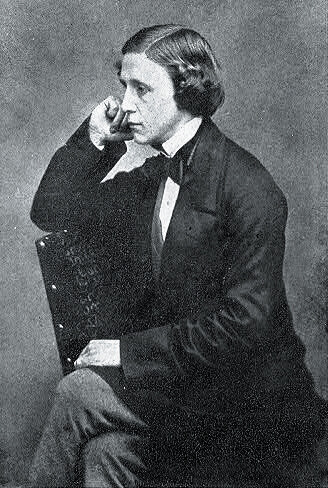Let’s junk the jargon
Marketers talk a lot about brands needing ‘clarity’, but the route they take to achieve this is often paved with terms of remarkable vagueness.
Here is a phrase I heard a week ago: ‘I need to align my team behind some key drivers, so I wondered if you could workshop that through in an ideation session.’ One sentence, a whole bundle of buzzwords. Let’s take a look at them.
Align
To have a team in complete agreement seems an innocent enough objective. That, however, should be an outcome, not an imperative. ‘Align’, spoken by a manager, often masks a desire for simple subordination: ‘Some of my team disagree with me, and they really mustn’t.’
It is, therefore, a euphemism; the velvet glove around the iron fist. To be the one person ‘out of line’ is meant to feel deeply uncomfortable. Yet marketing needs its dissenting voices, so watch out for over-enthusiastic ‘aligners’.
Key drivers
‘Key’ means no more than ‘important’, often applied to things that are not. ‘Drivers’ could mean anything. Together, they dress up an ordinary concept – factors that could influence outcomes – and ‘big up’ the person speaking. Or, at least, that is what she or he thinks.
Workshop
It was bad enough as a noun, likening the flinty associations of the industrial workshop – where the outputs were always hard, useful and specific – to a sloppy marketing session where the outputs are normally anything but. As a verb, it really grates, struggling to bring a note of vigour to long, wearying sessions in airless hotel meeting rooms.
The workshop process, based on the dated and discredited shibboleth that no one should ever criticise, has generated its own mini-lexicon of verbal dishonesty: ‘challenge’ (‘I disagree’) and ‘build’ (‘I disagree and here’s my better idea’). These terms succeed in masking their true meaning in the same way that ‘special needs’ does (i.e., not at all).
Ideate
Yes, I know, it’s horrible. Something to do with the ‘a’ that doubles as the last bit of ‘idea’ and the first bit of ‘-ate’, a suffix that often connotes something vaguely unpleasant: ‘Excuse me, I’m just popping in here to ideate.’
Not that ‘ideation’ is ever a solus activity. It takes place in groups, in front of a moderator who has failed to grasp that ideas (a) rarely happen in ‘sessions’, (b) rarely oblige straining, conscious minds, and (c) even more rarely strike people who are not practised creative professionals. Of all the terms in the modern marketer’s phrasebook, ‘ideate’ is the nastiest, combining ugliness of form, falseness of concept and emptiness of hope.
This is the last of my weekly columns for Marketing, as the publication goes monthly from here on. I can look back on 133 weekly deadlines met – sometimes narrowly – and 98,000 words set down. I’ll be back with the monthly, taking pains, of course, to shun the vague, the silly and the dishonest – in short, the words we could all do without.
The great and the good have much to say on the importance of avoiding pretentious, jargon- filled phrases:
‘Gobbledygook may indicate a failure to think clearly, a contempt for one’s clients or, more probably, a mixture of both.’ Michael Shanks, former chairman of the National Consumer Council
‘Our business is infested with idiots who try to impress by using pretentious jargon.’ David Ogilvy

Lewis Carroll distrustful of those using long words
“Speak English!” said the Eaglet. “I don’t know the meaning of half those long words, and I don’t believe you do either!”‘ Lewis Carroll, Alice in Wonderland
‘Using plain English is not just a good intention. It is a business necessity.’ Lord Alexander of Weedon QC, former chairman of NatWest Group
‘One should use common words to say uncommon things.’ Arthur Schopenhauer, German philosopher
‘The great enemy of clear language is insincerity.’ George Orwell
‘Mystification is simple; clarity is the hardest thing of all.’ Julian Barnes, Man Booker Prize-winning writer
